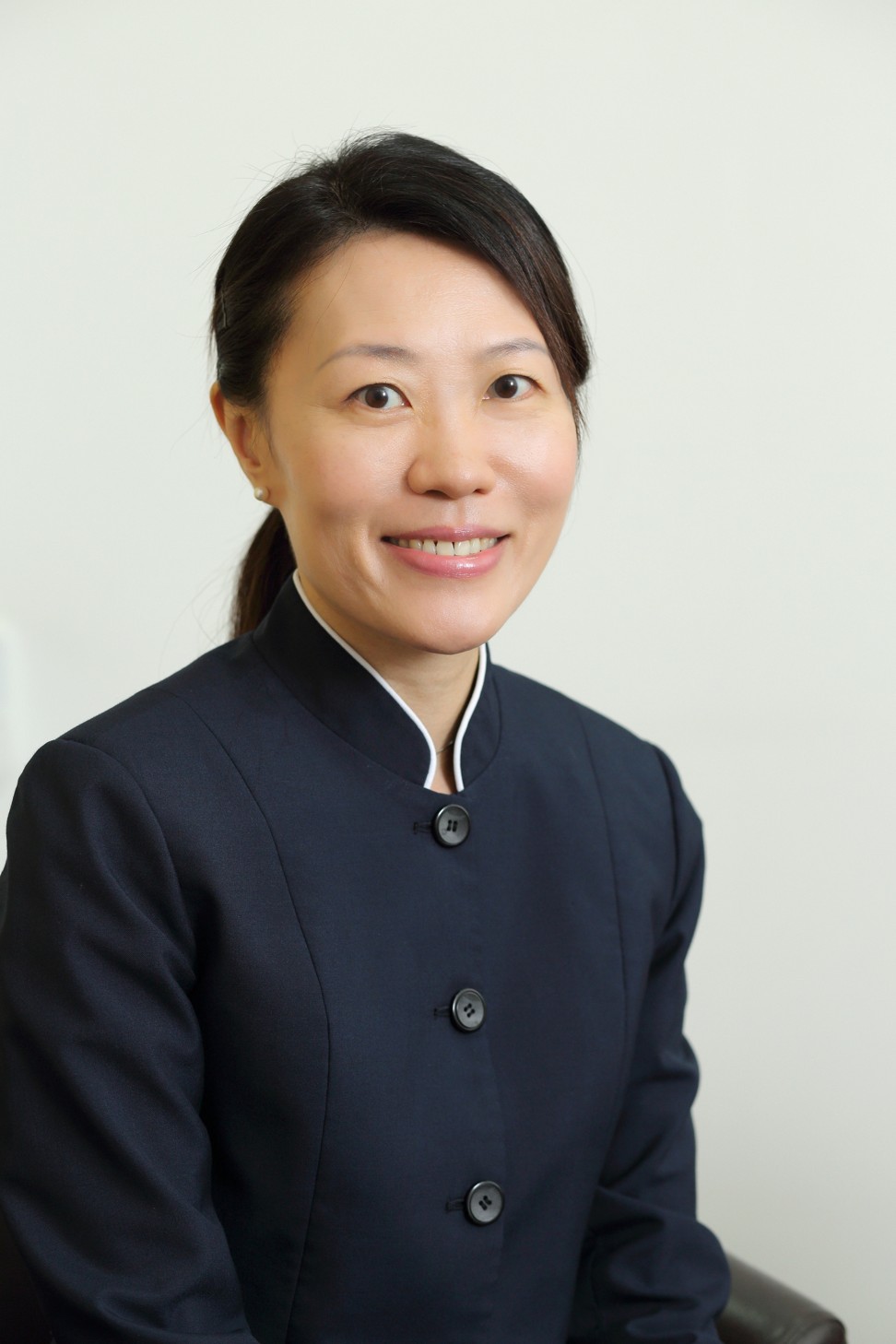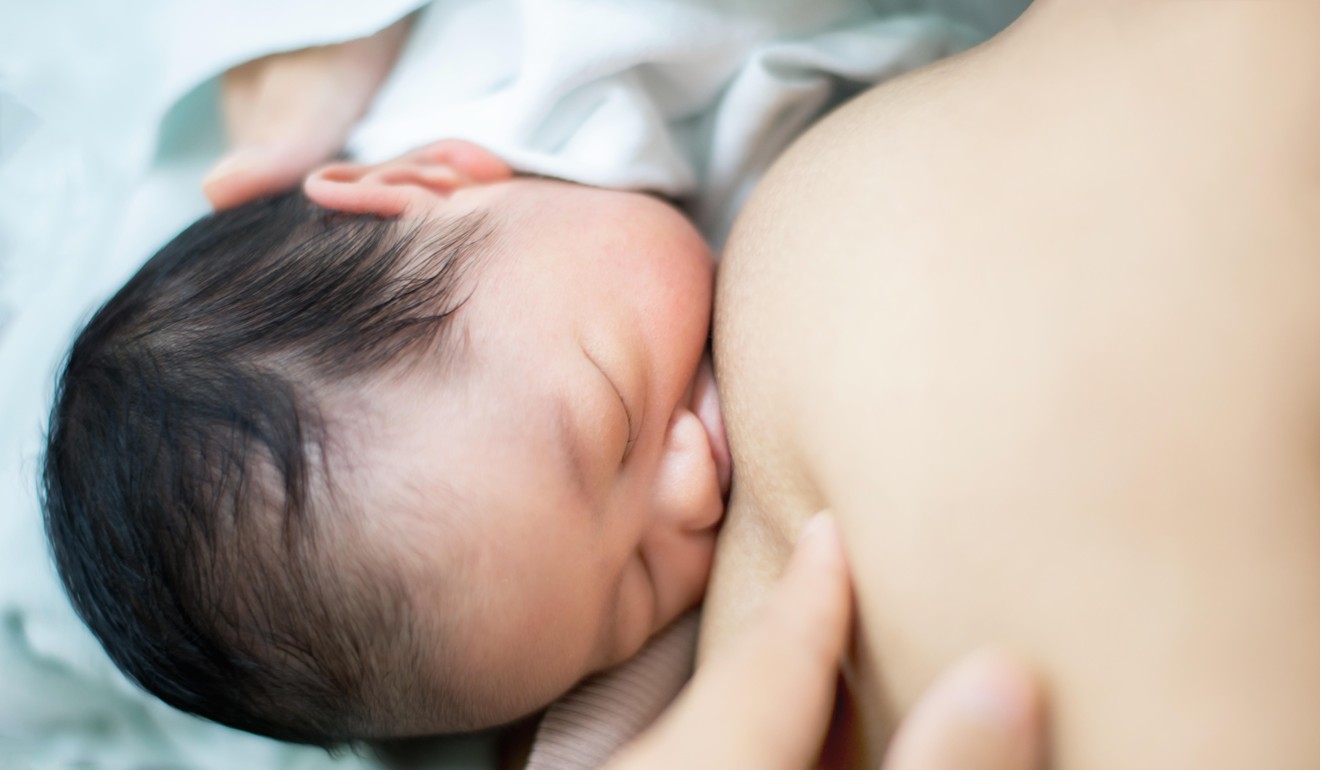
How to stop your baby having food allergies: eat right during pregnancy and breastfeeding
Many parents delay exposing children to allergenic foods, such as peanuts and eggs, to avoid them having food allergies, but eating those foods as part of a wide and varied diet while pregnant and breastfeeding is a better way to do this
When she was pregnant, mother-of-two Jasmine Smith made sure she enjoyed a varied diet. The 34-year-old founder/designer of Raven + Rose, a lingerie label in Hong Kong, ate a huge array of foods so her children would be exposed to them from the get-go.
The only foods she avoided were raw fish, shellfish and some cheeses, because of their potential to cause food poisoning. Her doctors never advised her to stay away from particular foods, including allergenic ones like peanuts and eggs.

How ‘kangaroo care’ can benefit premature babies, with discernible results even 20 years later
New research out of Boston Children’s Hospital seems to support recent allergy-prevention guidelines for pregnant women. The study, which was published in the Journal of Experimental Medicine in November, says that eating allergenic foods during pregnancy can, in fact, protect your child from developing food allergies, especially if you breastfeed.
In the study, pregnant mice that consumed peanuts and eggs passed on protective antibodies to their offspring through nursing. These antibodies caused the newborn mice to produce allergen-specific regulatory T immune cells, which enabled them to tolerate the allergenic foods.

The world’s growing allergy problem, how to find out if you have one and what do if it’s a food allergy
However, it’s important to note that exposure to allergens through the skin may be a risk factor for developing food allergies, says Dr Michael Pistiner, director of food allergy advocacy, education and prevention at the Food Allergy Centre at MassGeneral Hospital for Children in Boston, Massachusetts. This is why you shouldn’t apply food to your baby’s skin. And if you handle food, Pistiner advises you to wash your hands thoroughly when you’re done, especially if you’re going to be touching your baby after, and if your baby is not yet eating those foods.

According to Wu, studies have shown that the chances of peanut allergy in high-risk infants directly correlate with the level of peanut allergens in household dust in the infants’ environment. He adds that the widespread use of skincare products containing food ingredients like nut oils, oats and hydrolysed wheat protein is also likely to have contributed to the increase in food allergies in recent years.
Should you avoid bathing or leaving the house after childbirth, as Chinese tradition dictates?
In addition to consuming a varied but nutritious diet, if you want to minimise your newborn’s risk of developing food allergies, Wu says to breastfeed the baby for at least six months, if possible.
Once your baby is able to eat solid foods – usually between four and six months of age – you should make it a point to feed him or her allergenic foods. “Studies demonstrate that the early introduction of foods thought to be allergenic may be protective,” says Pistiner. “Data no longer supports delaying the introduction of allergenic foods.”

“Cooking my own meals gives me more control over what I put into my body, and therefore what my children are exposed to through breastfeeding,” she says.

